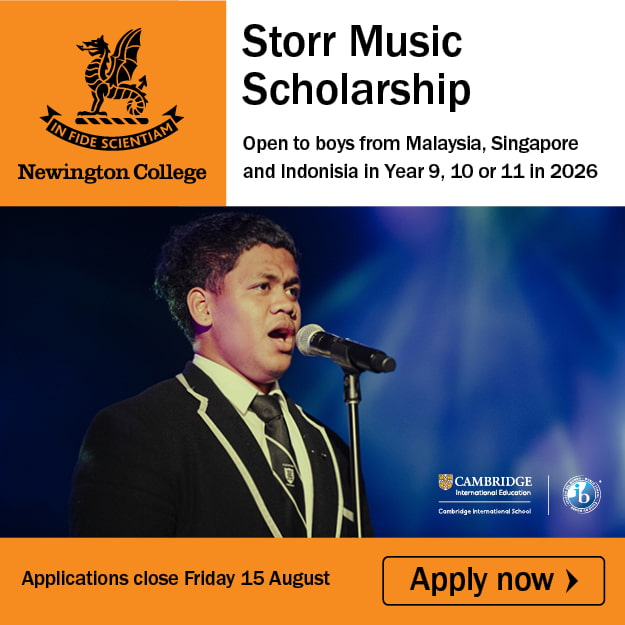The Law and Human Rights Ministry is currently revising the procedures for acquiring, losing, cancelling, and regaining Indonesian citizenship as governed by government regulation no. 2 of 2007.
One of the aims of the revision is to assist in solving citizenship problems that occur due to migration, intermarriage, and so on.
“We are currently revising government regulation no. 2 of 2007. Later, perhaps we will accommodate some of these thoughts,” said Law and Human Rights Minister Yasonna H. Laoly during the National Symposium on Constitutional Law in Nusa Dua, Badung Regency, Bali, on Wednesday 18th May.
Laoly added that the revision is expected to accommodate the needs of Indonesian citizens who have citizenship problems.
“The amendment can be completed this year so that the solution to the problem of children with dual citizenship can be accommodated, not to mention the issue of intermarriage and others. This problem may become a dilemma,” he explained.
Also Read Dual Citizenship Issues Raised at Indonesian Diaspora Network Conference
During the revision process, the ministry will accommodate inputs and requests from Indonesian migrant groups abroad.
“Our diaspora wants to accommodate dual citizenship. We also have Indonesian children who were born overseas. We still adhere to a limited dual state until the age of 18 and 21″ (if they have not finished their education). There is a desire from the diaspora to increase it to 30 years old, ” he said.
Indonesia currently offers dual citizenship limited to people aged 21 years. The age limit is a concession given by the government considering that the previous regulation required children of Indonesian citizens with dual citizenship to choose their citizenship status when they were 18 years old.
According to several diaspora groups, this concession has not yet met their needs.
“So that those who study abroad don’t have to return to Indonesia and their education has not finished. What’s wrong with that if they get cheaper fees? That’s a request and we have to discuss it,” he said.
Laoly admitted that the Law and Human Rights Ministry needed to discuss this matter and take the requests of the diaspora groups into consideration when revising this government regulation because, according to him, diaspora groups have potential that can be utilised for the progress of Indonesia.
“Later, we’ll see what we learn. We first hear from our diaspora friends on what their thoughts are because our diaspora is quite large and has potential, so we need to hear their thoughts,” he said.
Furthermore, the Law and Human Rights Ministry can only issue multiple-entry visas that are valid for up to five years. However, to enter dual citizenship is still different.




